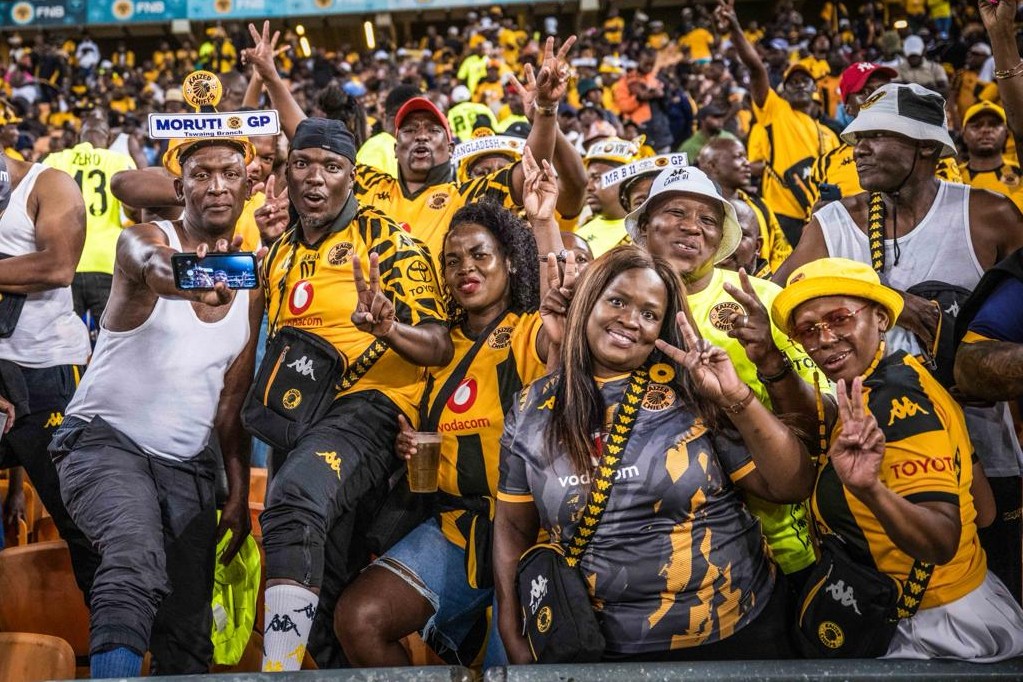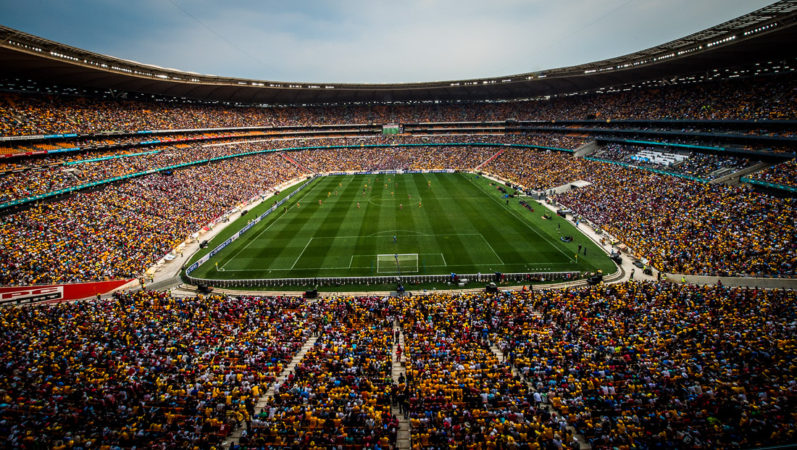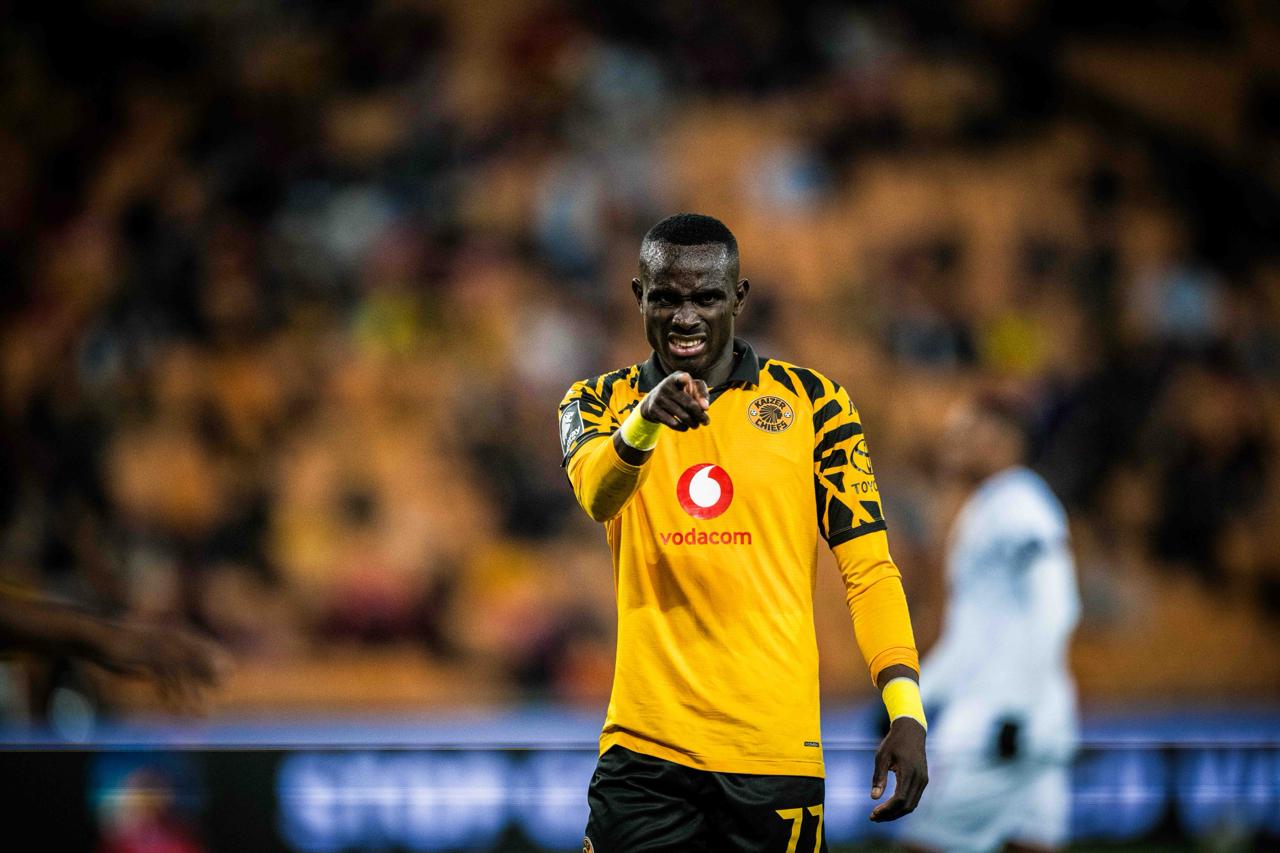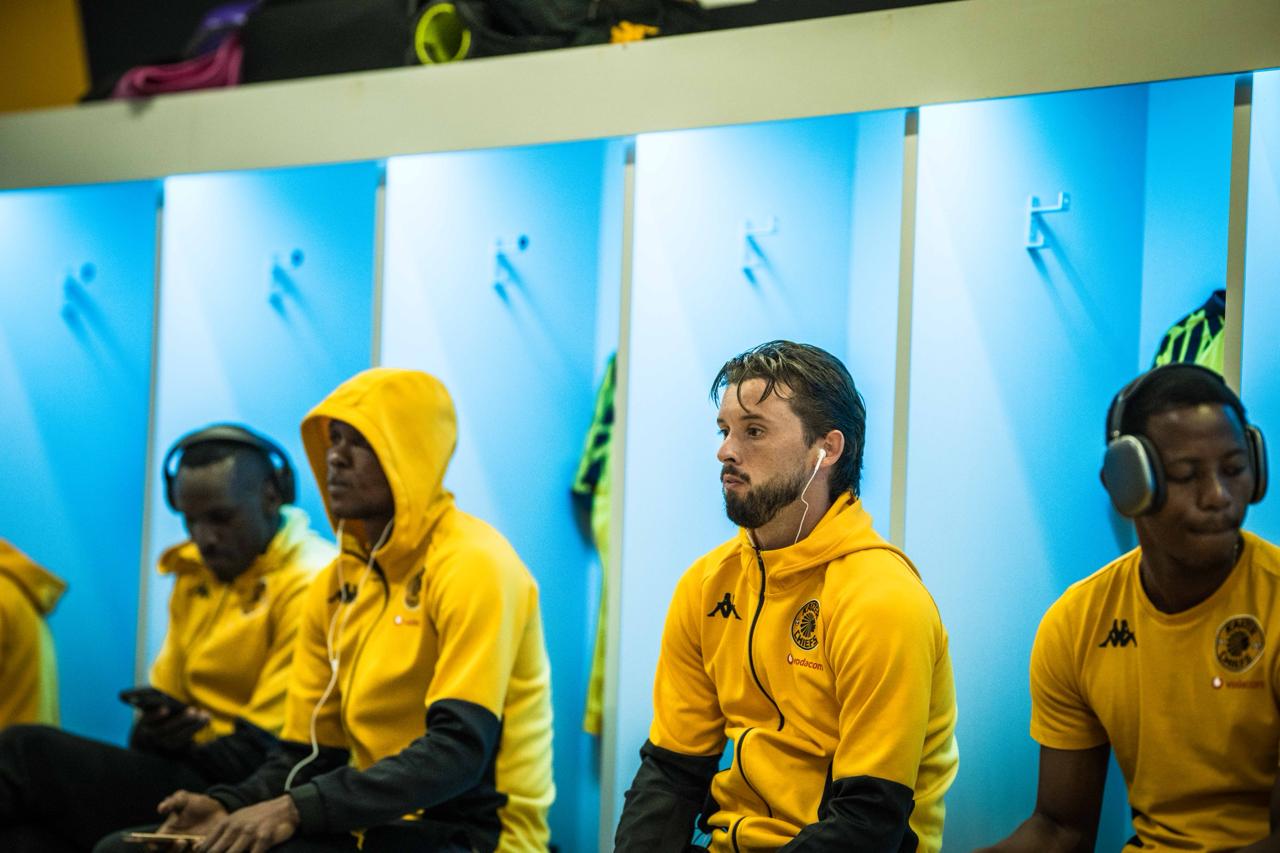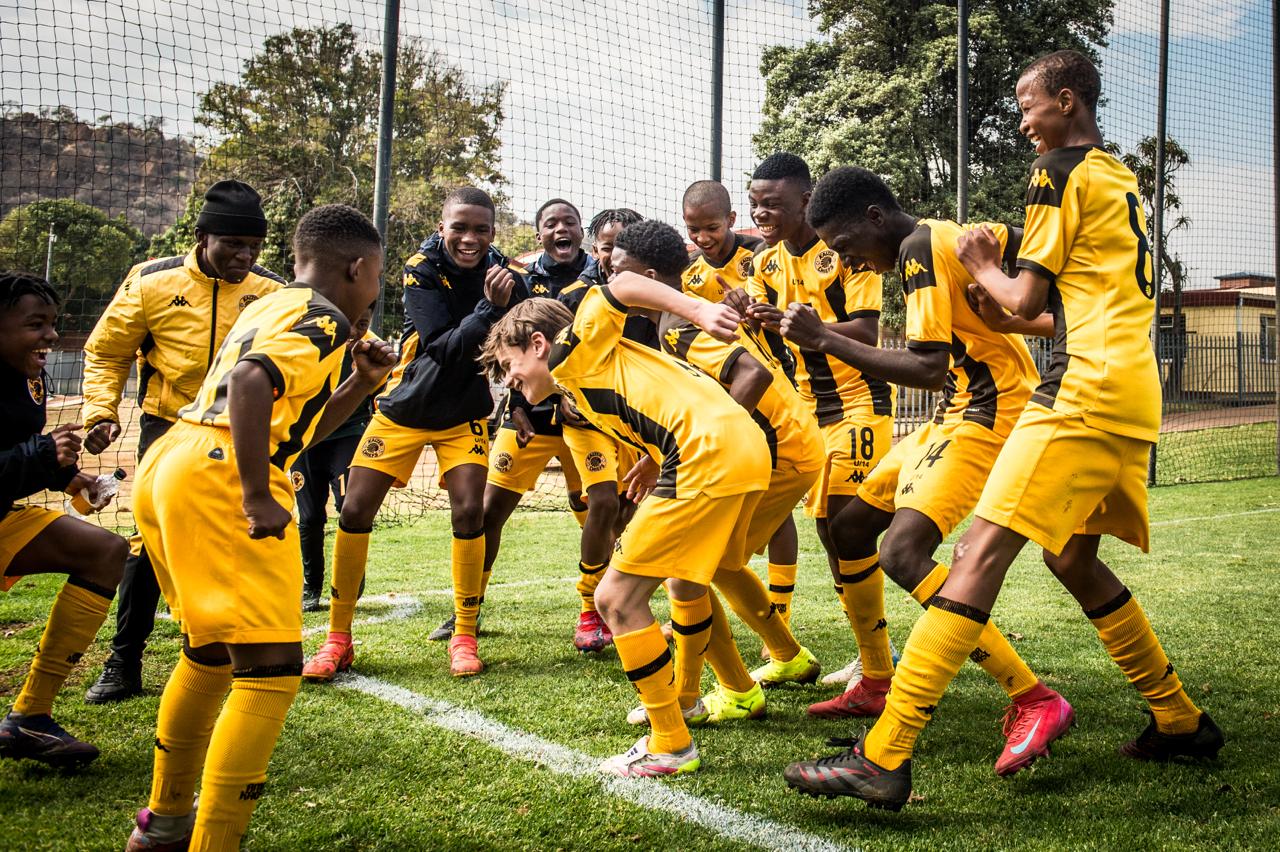Posted in Features, News on Jun 11, 2020.

Bafana’s very first international goal since readmission, back in 1992, was scored by Kaizer Chiefs midfielder Doctor Khumalo in Durban against the Indomitable Lions of Cameroon.
South Africa’s famous 1996 Africa Cup of Nations victory will forever be associated with the image of Kaizer Chiefs captain Neil Tovey lifting the trophy alongside a beaming Nelson Mandela.
And it was Kaizer Chiefs and Leeds United legend, Lucas Radebe, who led Bafana to their first FIFA World Cup appearance at France 1998 and again four years later to the 2002 FIFA World Cup in Korea and Japan.
When Africa hosted its first FIFA World Cup in 2010, the Amakhosi were again front and centre, as for the first time three Kaizer Chiefs players started and featured in a FIFA World Cup game, with Itumeleng Khune, Tshabalala and Reneilwe Letsholonyane all starting Bafana’s first two games of the tournament against Mexico and Uruguay.
And Shabba’s thunderbolt in the 2010 opening game has become the most famous goal in South African football history, watched as it was by an audience of hundreds of millions in every corner of the globe.
To mark the 10th anniversary of the start of the tournament today, the three Amakhosi players who played for Bafana in 2010, and current Amakhosi striker Bernard Parker, who played for Dutch side FC Twente at the time, this week memorably got together via Zoom to recall their special tournament memories.
The quartet have all been integral members of the Bafana squad over the years and formed a close bond during their long service with the Amakhosi, with all of them crediting their experience of representing Kaizer Chiefs with helping them handle the magnitude of the enormity of a home FIFA World Cup.
“Playing for a team of Kaizer Chiefs’ calibre and playing in big games like the Soweto Derby helped us with the experience of representing our country at the FIFA World Cup and playing in front of such a passionate crowd. The expectations are always high when you play for Kaizer Chiefs. There is more pressure playing in a FIFA World Cup, but we represented the country in the best way we possibly could. We should have won the game against Mexico, we were the better team in the second half, but I hope the country was proud of our bravery and our commitment,” says Tshabalala.
Letsholonyane says the bond of representing the Amakhosi is strengthened when donning national colours.
“When you are part of a team like Kaizer Chiefs - even when you are playing in the national team - you protect each other, you look out for each other, you are brothers from the same family. And playing in the 2010 FIFA World Cup, with teammates I share such a close bond with, was a beautiful feeling. What a time to be alive,” says Letsholonyane.
The emotion in Khune’s voice crackles as he reflects on his journey with the Amakhosi and with Bafana Bafana.
“I’m one of the luckiest goalkeepers to have served this club for 21 years and to have represented Bafana Bafana so many times. Walking out of the tunnel for that opening match of the World Cup, we had a lot of pressure on our shoulders. It really felt as if we were carrying the nation, and we knew we could not disappoint so many who believed in us,” says Khune.
Tshabalala quickly interjects, though, and says luck had nothing to do with Khune’s footballing journey.
“You are not lucky, you are blessed,” Tshabalala says, as he passionately addresses Khune.
“You deserve to be where you are. I know what you’ve gone through in your career. I know your struggles. I know how much you looked up to Brian Baloyi when you were young and what it meant for you to share a changeroom with your childhood hero, and to get the chance to play against him. You have earned everything you’ve achieved in your football career,” Tshabalala adds, as he illustrates the close bond between the Amakhosi legends.
Parker says its “unbelievable” what Kaizer Chiefs has contributed to South African football.
“Whether for Kaizer Chiefs or for Bafana, the four of us have travelled the world and the continent together. We’ve seen and been through a lot together as footballers and representing our country at the 2010 FIFA World Cup is the realisation of a dream I will cherish for the rest of my life,” says Parker.
And of THAT sensational opening goal, Tshabalala is too humble to take the plaudits, instead praising Kagisho Dikgacoi for making “one of the best assists of all time”.
“The timing and the weight of the pass was perfect. As soon as the ball left my foot, I felt it. When it went into the top corner, I went crazy, the whole stadium went crazy,” Tshabalala beams, as the goosebumps are felt all over again, and as the four spontaneously break into the quirky goal celebration that has now been seen countless times the world over.
“As Africans we are storytellers. Nobody can tell our stories like we can,” says Tshabalala, adding “the 2010 FIFA World Cup had an impact not only on South Africa, but on the whole world and on generations to come. I want to say thank you to everyone who showered me with love after that goal, and who continue to celebrate us while we are still alive, so that we can witness the love from everyone”.

